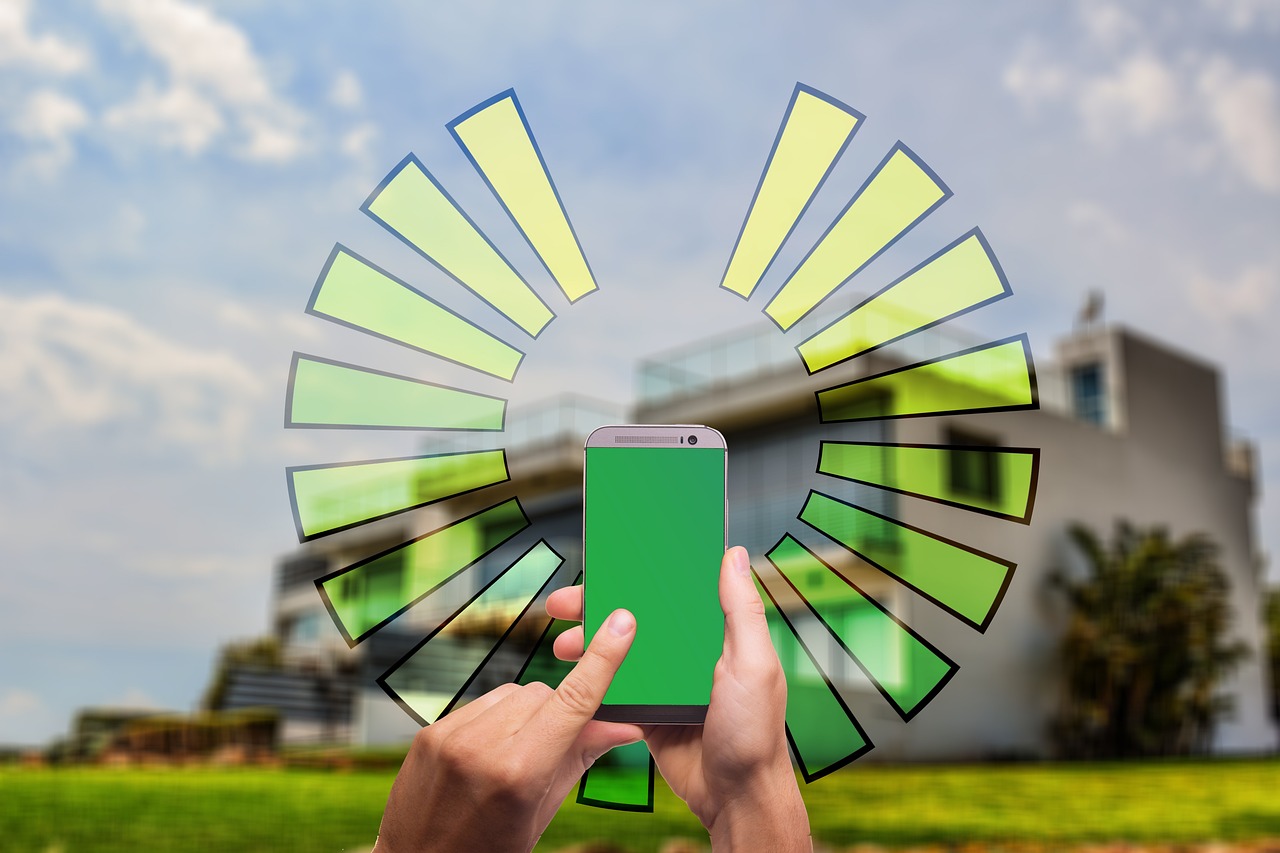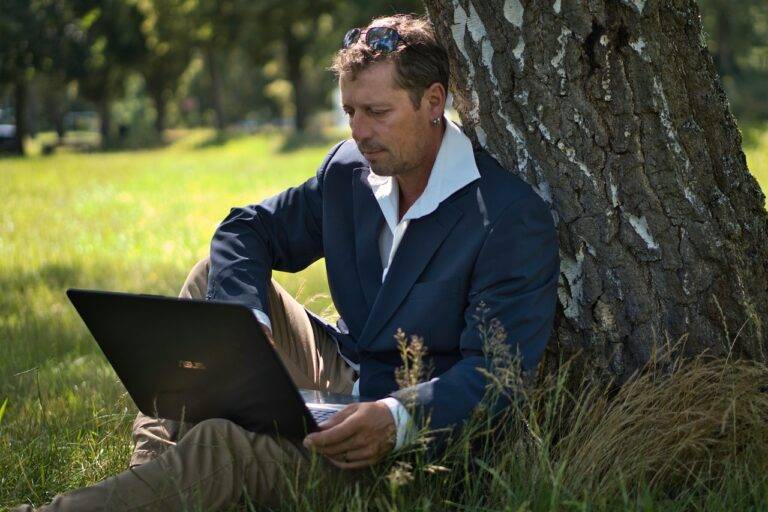Sustainable Laundry Room Design: Eco-Friendly Solutions for Clean Clothes
Decreasing energy consumption is a crucial step in reducing our environmental impact. By investing in energy-efficient appliances, we not only lower our carbon footprint but also save money in the long run. These appliances are designed to operate more efficiently, using less electricity without compromising on performance. From refrigerators to washing machines, upgrading to energy-efficient models can make a significant difference in both our utility bills and the environment.
When shopping for appliances, look for the Energy Star label to identify products that meet high energy efficiency standards. Energy Star appliances have been certified to consume less energy, resulting in lower electricity bills and a reduced impact on the environment. Additionally, consider the size and features of the appliance to ensure it fits your household needs while maximizing energy efficiency. Making the switch to energy-efficient appliances is a positive step towards a more sustainable future.
Water Conservation Strategies
One efficient way to conserve water in households is by fixing any leaks promptly. Even a small leak can waste a significant amount of water over time, so it’s important to address leaks as soon as they are discovered. Regularly checking faucets, pipes, and toilets for leaks can help prevent unnecessary water waste.
Another effective water conservation strategy is to install low-flow fixtures in your home. Low-flow faucets, showerheads, and toilets are designed to reduce water consumption without compromising on performance. By making this simple switch, households can significantly decrease their water usage and contribute to conservation efforts.
How can energy-efficient appliances help with water conservation?
Energy-efficient appliances use less water during operation, thus helping to conserve water resources.
What are some simple water conservation strategies for everyday use?
Some simple water conservation strategies include fixing leaks promptly, taking shorter showers, and using a broom instead of a hose to clean outdoor areas.
Why is water conservation important?
Water conservation is important because it helps to preserve natural resources, reduce water waste, and save money on water bills.
Are there any rebates or incentives for implementing water conservation strategies?
Some local governments and utility companies offer rebates or incentives for installing water-saving devices or implementing water conservation strategies.
How can individuals contribute to water conservation efforts?
Individuals can contribute to water conservation efforts by being mindful of their water usage, fixing leaks promptly, and using water-saving devices and appliances.





